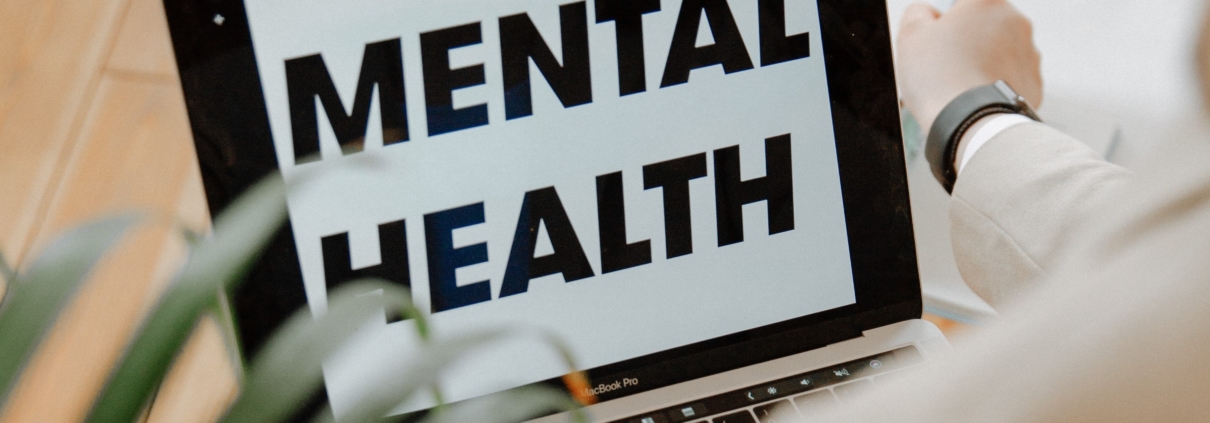A state of lockdown has increased our reliance on technology to help us meet our needs and to reduce our stress.
Here are some of the many ways that technology has helped us to look after our mental health in these challenging times.
Apps Helping Lockdown Stress and Anxiety
There’s a wide variety of apps that can help occupy the mind, relieve stress and anxiety. These apps can help in the fight against common mental health complaints like depression.
These include:
- Meditation apps offering guided meditation instructions can help breathing and help improve the ability to relax and to sleep properly.
- Chat apps and digital socialising apps can help re-enforce feelings of safety and normality. This is because they can provide the kinds of interaction missing due to social distancing and lockdown.
- Hobby apps and the Facebook hobby tracking app can tap into our creativity. Keeping us in touch with what we enjoy and with what provides known positive reinforcement and rewards is important.
- Fitness and weight loss apps. Not having the freedom to allow normal daily exercise has seen many people turn to fitness and weight loss apps. This helps to reduce stress and maintain good feelings about ‘self-image’.
- Mental health apps. Some already facing mental health problems may be finding the lockdown and its effects more challenging to their mental wellbeing. The NHS provides several mental health apps.
Click here for more information: https://www.nhs.uk/apps-library/category/mental-health/
Physical Exercise and Fitness Tech
Outdoor tech such as fitness monitoring bracelets/watches have become more valuable as the range of sports that people can take part in outdoors has been dramatically reduced. Simple exercise like walking, running and cycling have become more popular than ever.
Real-world ways to help reduce lockdown stress and increase relaxation include gardening (if you are lucky and have garden space), art and crafts, playing music and chatting with friends. Although our technology can’t provide all aspects it can provide elements of these experiences.
Remote Working
Those who are able to work from home using remote, collaborative working and video conference platforms (e.g. Microsoft Teams, Zoom, Skype, Facebook Messenger and Slack) can have many different needs met.
Social interaction, communication and distraction are provided by still being able to work at home in a safe, controlled environment.
Virtual Activities
We have seen a lot of clever solutions to provide activities for people. The rise of virtual events has been quick. From F1 racing to virtual tours of Zoo’s and galleries, there has been plenty to keep adults and children entertained.
Pub Quizzes hosted by a professional or carried out during online chats with family and friends have been very popular and YouTube saw Jimmy Carr hosting short quizzes that can be played over video conferencing to the whole family.
Google’s YouTube continues to be a source of video content used by many. From Zumba classes to how to fix a leaky sink, YouTube has a video on everything.
Computer Games
A 2015 study (Amanda Roy, Christopher J Ferguson) found that computer games/video games that encourage competitive and cooperative gameplay. Additionally it showed that this can reduce stress.
Also, in February, ‘Psychology Today’ highlighted 5 ways in which video games can help with stress and mindfulness. This is because playing, or gaming, puts the brain on autopilot. This gives the user a break from the challenges of real life, enabling an expression of freedom and creativity prompting the release of dopamine, (the ‘happy chemical’). It also provides a social environment where social interaction is experienced between a group of ‘like-minded’ people.
Selective and Moderate Use
Some argue for less technology. Selective and moderate use of technology during the lockdown period can be beneficial for mental and emotional well-being.
Continually visiting social media and watching news bulletins that repeat negative or frightening news stories can increase your lockdown stress. Similarly it can magnify any fears or anxiety.
It is advisable to seek news from objective and reliable sources to maintain context and proportion. Limiting your time on these sites is also advisable.
Looking Forward
Our phones continue to be an important tool for managing our lives in the modern world. The kind of apps and platforms that we can access via many different devices have proved to be important. They have provided us ways that to help retain a healthy mental and emotional state and to reduce lockdown stress.
Technology has allowed around 40% of people to work and interact with colleagues whilst being safe at home.
There are very few effective substitutes for feelings of safety and freedom in the real world. Many people have turned to increased amounts of digital entertainment but it is still important to take good breaks.
Technology in the form of a contact-tracing app in the UK may provide feelings of re-assurance for some in the coming weeks. However, technology will be invaluable as we move forward in a delicate, pre-vaccine environment.
Need help with your I.T support or telecoms? Call us today on 020 8778 7759, email hello@gmal.co.uk, or visit https://www.gmal.co.uk/contact/



